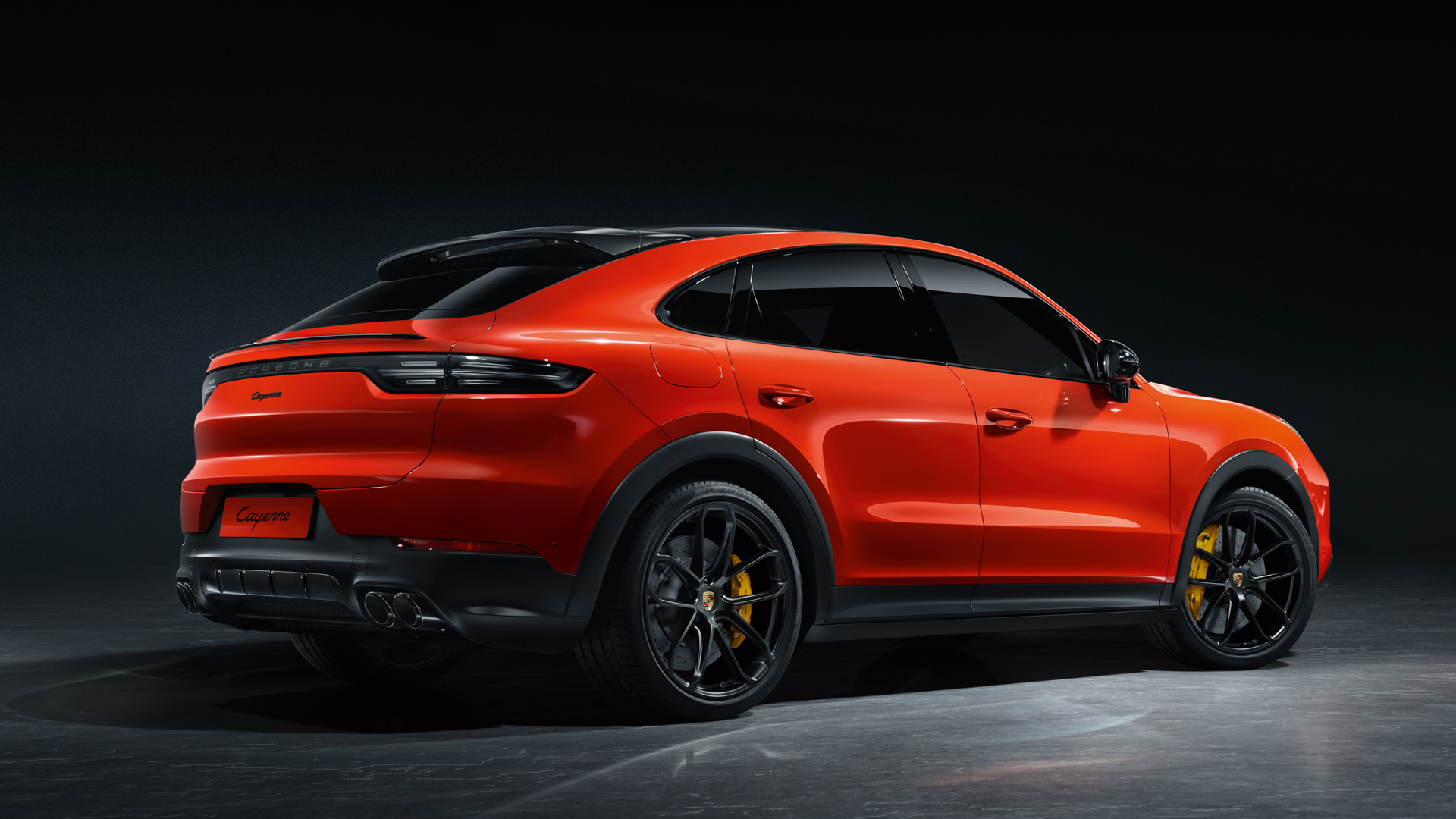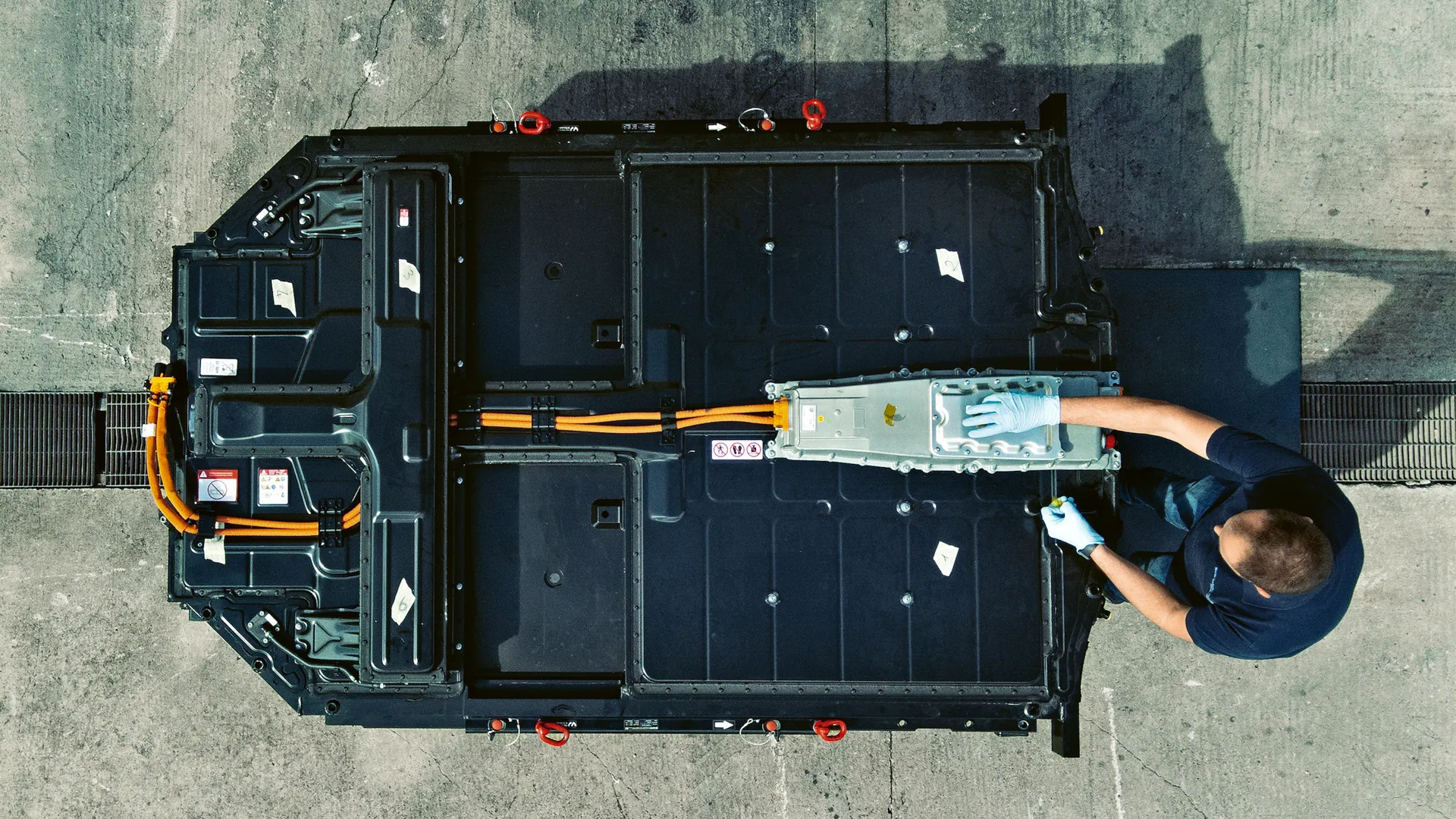

Be ready for a worldwide collective clap as pearl-clutchers grasp at the last strands of “pure” Porsche: the Stuttgart automaker is preparing a range-topping seven-seat electric SUV. But rather than just making a big family hauler, Porsche is at least doing it the “Porsche way” and making it a sporty electric SUV that, according to Autocar, will look part sedan, part crossover.
The seven-seat Porsche SUV is internally known as “K1” and is going to be built on the VW Group’s PPE architecture, the same one that’s going to underpin the Audi A6 e-tron, Q6 e-tron, electric Porsche Boxster/Cayman, and electric Porsche Cayenne. After 2026, when the aforementioned Porsches are already on sale, the seven-seat K1 will be added to the list.
According to Autocar’s sources inside Porsche, the K1 SUV will have the brand’s latest battery, electric motor, and charging technology, which will push its price up to more than $180,000. That would make it among the most expensive Porsche models on sale but that’s likely for the top-of-the-line model, which could be called the “Turbo S” to match the Taycan.
Porsche is quiet on details at the moment but the report claims that the K1 will have a short hood, steeply raked windshield, and a sportier, liftback-style roof. So it seems that it will have more of an Audi Sportback-style look, just on a much larger scale. It will also have standard adaptive air suspension, which should be able to raise the ride height up for decent off-road capability, and its battery will be north of 100 kW, which means its range could be 400 miles or more, according to the report.

There’s no word on specific battery cell technology or electric motors. However, it’s believed that the K1 will get the latest version of the PPE chassis, which could provide a 920-volt electrical system and would currently be the best in the industry (just beating out Lucid’s 900-volt system).
It was only a matter of time before Porsche debuted a seven-seat SUV. Its two best-selling cars for as long as they’ve been around have been the Cayenne and Macan, proving that SUVs are its money-makers. And since North America and China—two very SUV-heavy markets—are Porsche’s biggest markets for EVs, it makes sense that such a large SUV would be on the way. I’m intrigued to see what Porsche can do with the K1, as other brands have proven that big, heavy, electric SUVs can be surprisingly nice to drive, such as Rivian, BMW, and Mercedes. Porsche wants 80% of its sales to be electric by 2030 and a hulking seven-seat SUV is a good way to help achieve that, especially in the U.S.
Got tip? Send ’em to tips@thedrive.com